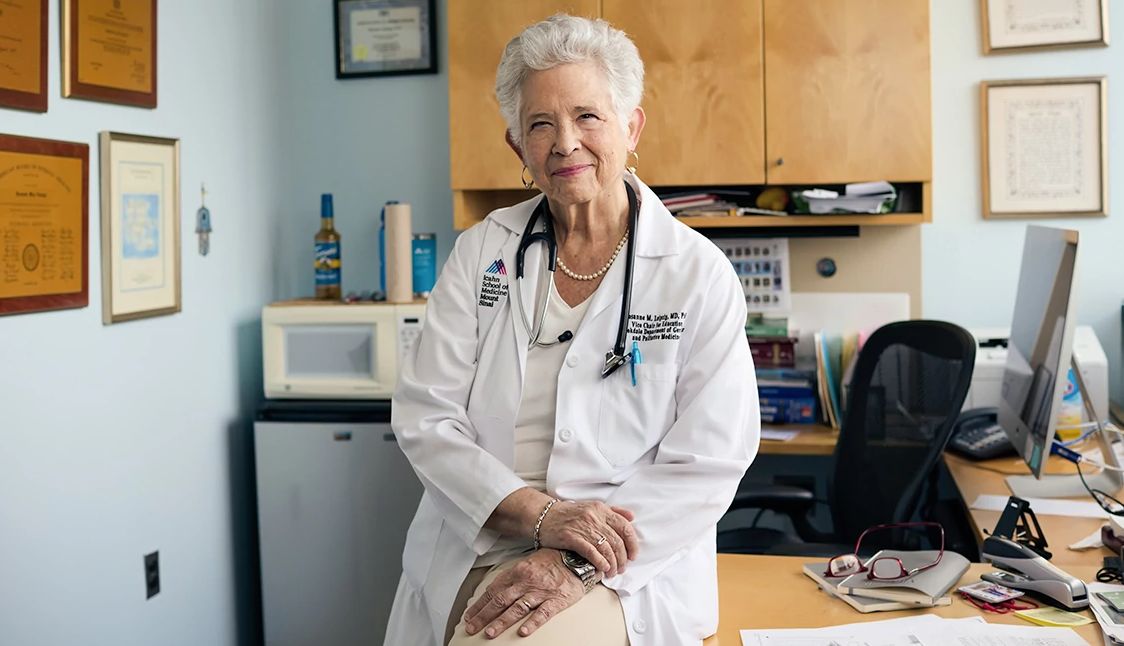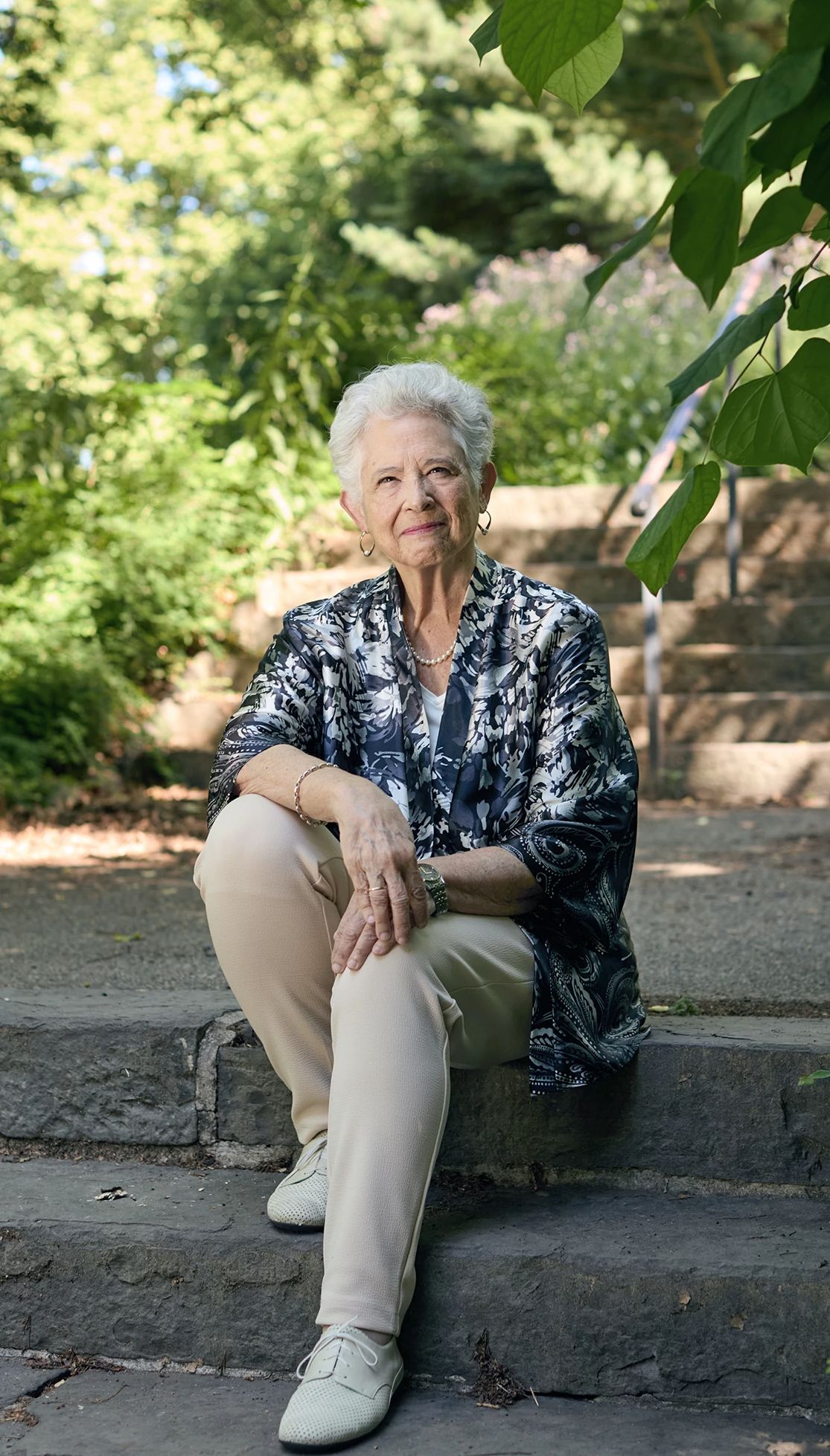AARP Hearing Center


When geriatrician Rosanne Leipzig, M.D., began applying for medical school in 1972, most programs had two to three women in their medical school class. When she was admitted and began her education, Leipzig and the other female medical students had no rooms to change in before surgery. Nurses and male doctors had facilities, but there was nothing designated for the women who were becoming doctors, Leipzig recalls. Many of the female medical students were referred to derisively as “lady doctors.”
In 1973, the American Psychological Association was debating the removal of homosexuality as a diagnosable mental illness from the Diagnostic and Statistical Manual (DSM). Leipzig was seeking to join the few physicians at the time attempting to live at the intersection of these two groups. On her 18th birthday in 1969, Leipzig informed her family she was a lesbian.
As Pride Month is recognized this year, it’s important to note that 7.6 percent of U.S. adults identified as lesbian, gay, bisexual, transgender, queer or a sexual orientation other than heterosexual in 2023, according to Gallup. That figure is up from 3.5 percent in 2012, when Gallup first measured sexual orientation and transgender identity. In 2023, 1.1 percent of the silent generation, 2.3 percent of boomers and 4.5 percent of Generation X identify as LGBTQ+.
While in school, Leipzig was quiet and careful with whom she shared her truth. It felt that “when I told people I was a lesbian, I was telling them something horrible, like I had cancer,” Leipzig remembers. However, she was determined to push back against societal ignorance, and decided to “slip it into conversation.”
Leipzig’s identity didn’t stop her from pursuing her career or focusing on a medical specialty in aging along with her, at the time, innovative practice of individualizing care for each patient.


This bravery and confidence followed Leipzig, 73, throughout her career as a geriatrician. Over her decades as a medical professional in aging, Leipzig has served on a number of boards, including the American Board of Internal Medicine, and is editor-in-chief of the monthly newsletter Focus on Healthy Aging.
Today, Leipzig is a tenured professor at the Icahn School of Medicine at Mount Sinai in New York. The intersection of Leipzig’s identity and medical expertise offered unique wisdom into the tangible benefits of personal acceptance. When she isn’t working directly with patients, Leipzig travels across the country to engage communities and encourage older adults to “come out” as old. She says people should feel pride, rather than shame, over a long life lived. To younger audiences, she stresses that getting past ageism is a gift to your future self. Leipzig’s reframing of aging from a loss to a gift can help destigmatize the inevitable and avoid shame in the process.





































































More From AARP
How to Choose a Top-Notch Doctor as You Age
Physician Sharon Malone, author of ‘Grown Woman Talk,’ tells us what to consider when looking for the best care
LGBTQ+ Veterans Face Health Challenges
Most respondents were veterans over 55
Recommended for You